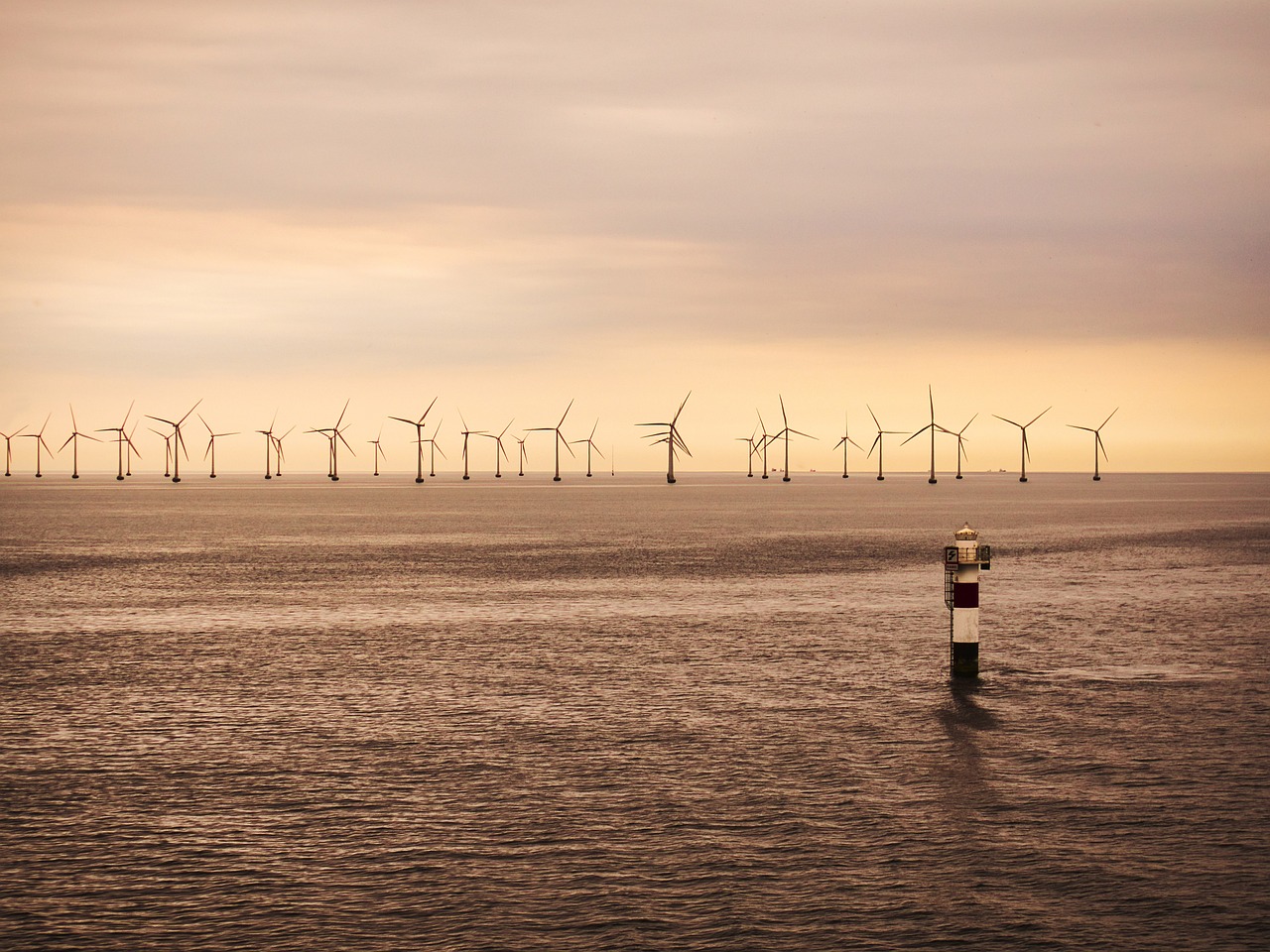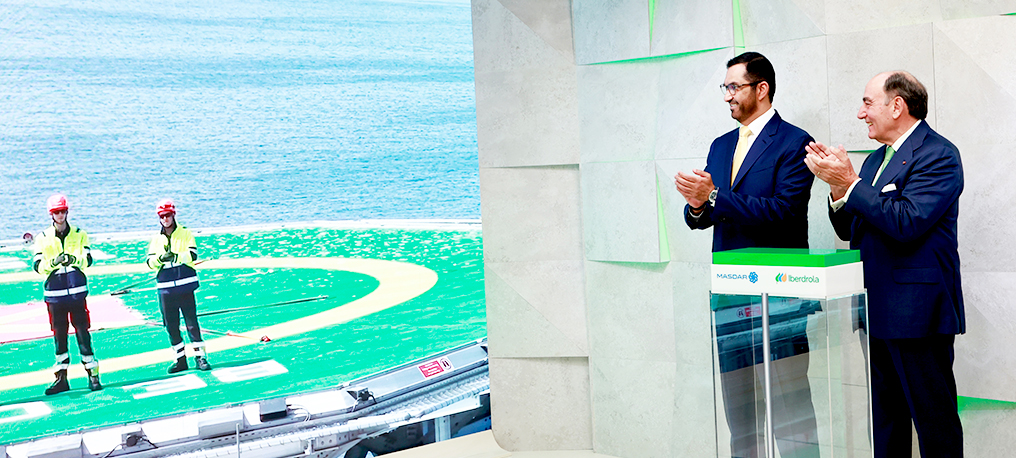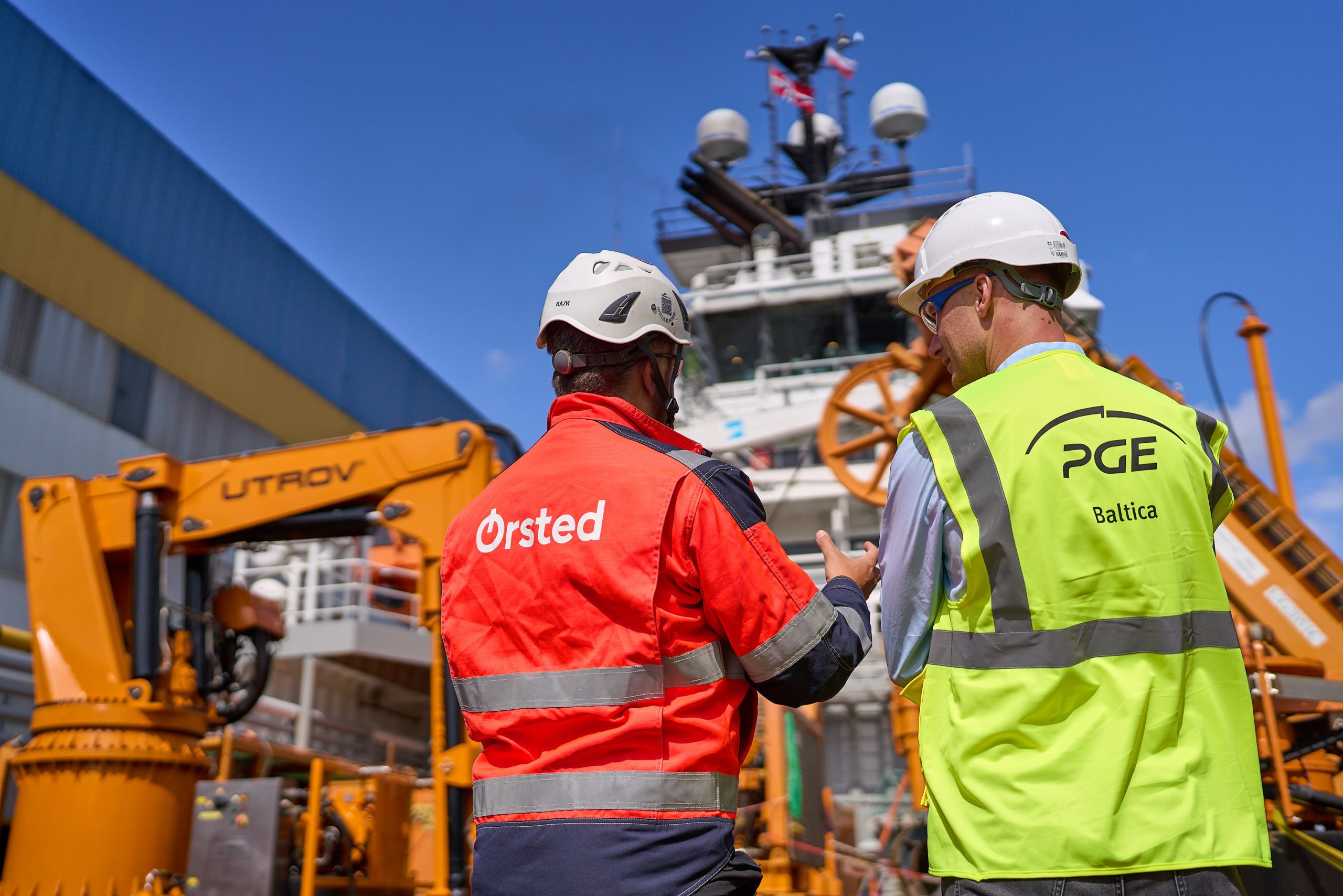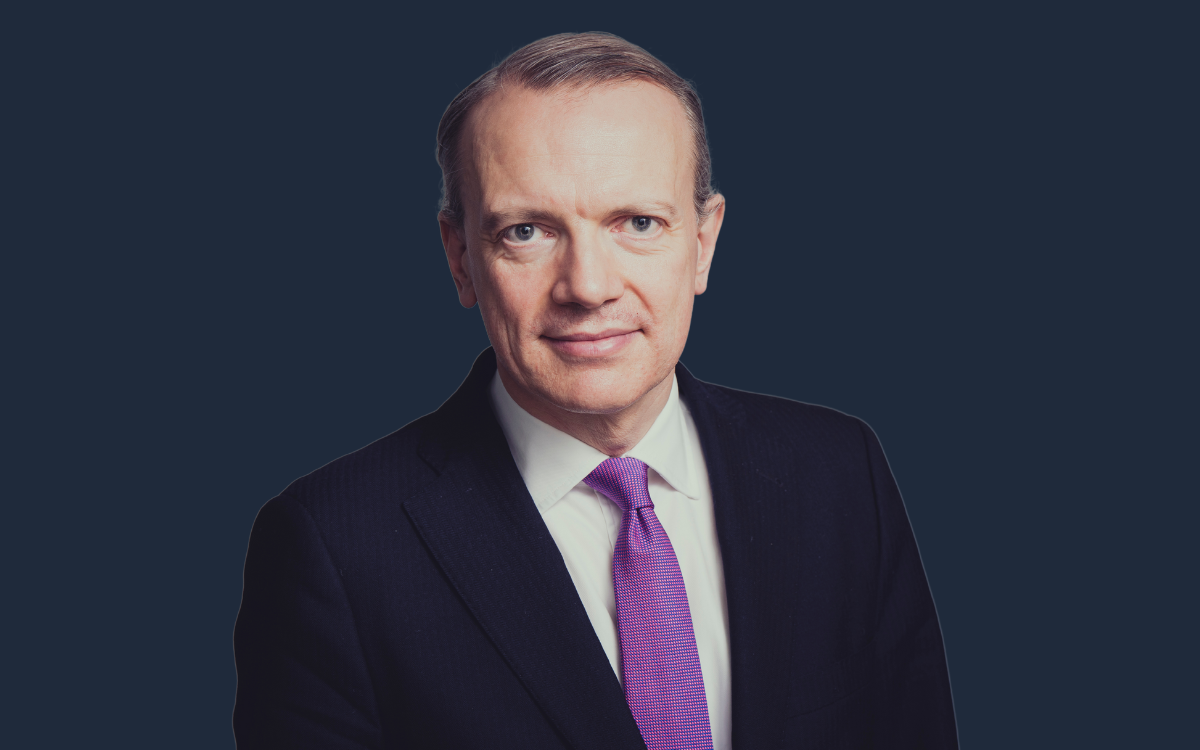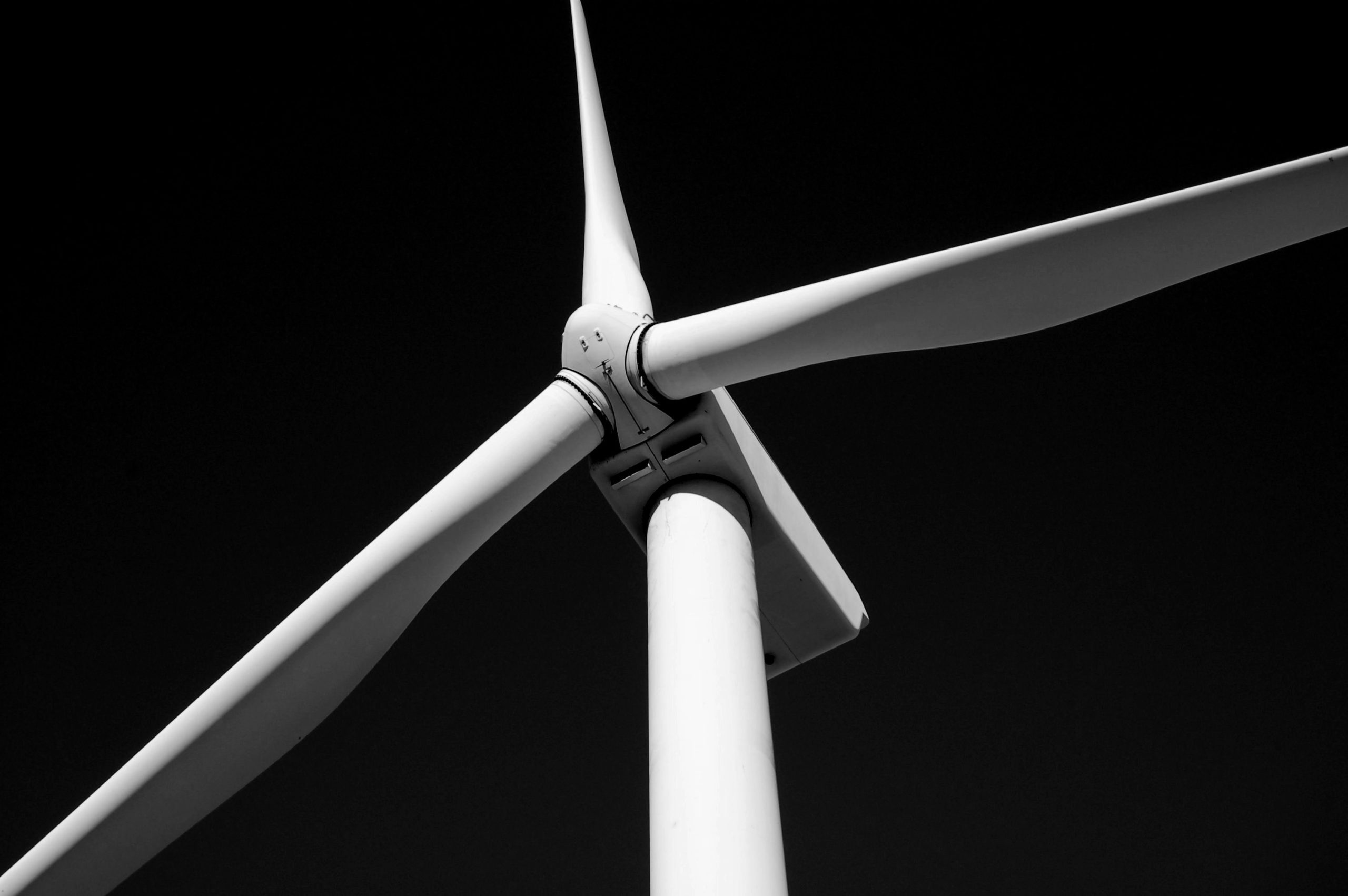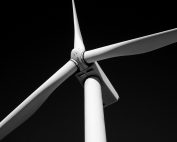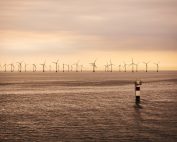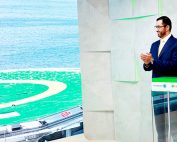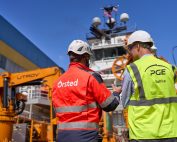Today in Klaipeda starts the“Offshore industry in the eastern part of the Baltic Sea: get ready for business”conference, which will bring together representatives of the offshore wind energy sector from Denmark and Lithuania, as well as parties interested in the development of the industry. According to Danish Ambassador to Lithuania Hans Brask, Lithuania and Klaipeda can become flagship centres for the development of offshore wind energy projects in the Eastern Baltic region.
The event will provide an overview of the opportunities for businesses in the region, the strengths of the Port of Klaipeda and its companies, and valuable foreign practices in the area of offshore wind energy. The Klaipeda conference is organized by the Embassy of the Kingdom of Denmark in Lithuania together with partners – the Ministry of Energy of the Republic of Lithuania, Klaipeda State Seaport Authority (KVJUD) and the Lithuanian Maritime Cluster coordinated by Klaipeda Science and Technology Park.
As we read on the Klaipeda Port website, the location of the event was chosen for a reason. The Baltic Sea is preparing to build a 700 MW wind farm worth more than a billion euros. Klaipeda should become a key platform for the resources and competences needed to implement this ambitious project. It is estimated that the wind farm will create approximately 1,400 direct and additional jobs.
According to Danish Ambassador to Lithuania Hans Brasek, Lithuania and Klaipeda can become flagship centres for the development of offshore wind energy projects in the Eastern Baltic region.
– The benefits of being at the forefront would not only benefit the local industry but also the entire supply chain. Klaipeda has the potential to become a logistics hub for the offshore wind industry, and the Danish port of Esbjerg is an excellent example of such specialization, Ambassador Brask said.
The Ambassador is convinced that the offshore wind energy sector has the potential to bring the Danish-Lithuanian energy cooperation closer.
– The Klaipeda conference is the first bilateral event of its kind, demonstrating the willingness of the public and private sectors to exchange experiences and explore opportunities for cooperation. We are ready for it,” Brask adds.
On the other hand, Algis Latakas, CEO of KVJUD, points out that today no one wonders whether the development of wind energy in the Baltic Sea is necessary. As the world moves ever faster towards the age of renewable energy, this is the path that Europe must follow in accordance with the objectives of the Green Deal.
Source: Klaipeda Port



